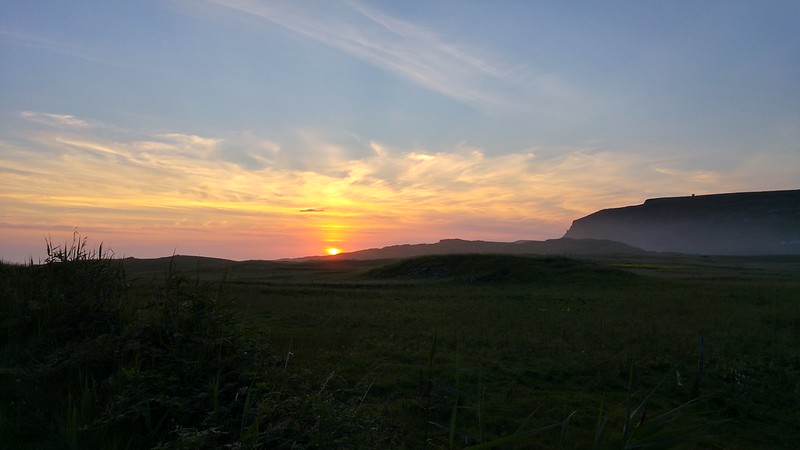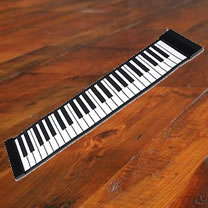Quite a few people I’ve talked to here in Glencolmcille have told me that Irish is a difficult language. This got me thinking about what makes a language difficult to learn.
Here are some aspects of Irish that learners may find difficult:
Spelling and Pronunciation
Irish spelling takes quite a while to get used to. It is far more regular than English, though works in different ways, and there are many silent letters. For example, bhfaigheadh (would get) is pronounced [wiu], which you would never guess from the spelling. Some older Irish texts are written in the Gaelic Script (An Cló Gaelach), which adds a extra layer of difficulty.
Vocabulary
Irish vocabulary is quite different to English, and most other European languages, so very few words are familiar to learners, unless they know Scottish Gaelic or Manx. There are words borrowed from English, and a few from Latin, though.
Grammar
Irish grammar is similar to the other Celtic languages, but quite different to other European languages. For example, the word order is VSO (Verb, Subject, Object); verbs have positive (tá = am/is/are), negative (níl = am not/isn’t/aren’t) and question forms (an bhfuil = am/is/are?); there is no verb ‘to have’; there are no single words for yes or no, and the pronouns fuse with prepositions – le (with) and mé (I) becomes liom, do (to) tú (you, singular) becomes duit, and so on. On the other hand, there are only 11 irregular verbs, no indefinite articles, and verbs only conjugate for person and number in some tenses.
Dialects
Like many languages, Irish has dialects. The differences between then are mainly in pronunciation and vocabulary. If you learn one, you might find the others a little difficult to understand at first, but before long you’ll be able to understand most things.
These are all things that can be difficult in any language. Basically the more differences there are between your mother tongue and the language(s) you’re learning, the more challenging it will be.
Have you learnt or are you learning Irish?
Do you find it difficult?
What aspects of Irish do you find most challenging?




